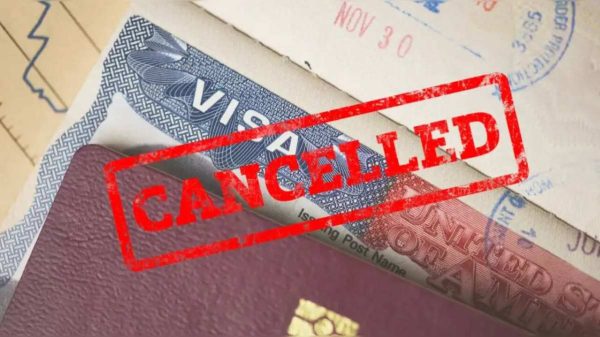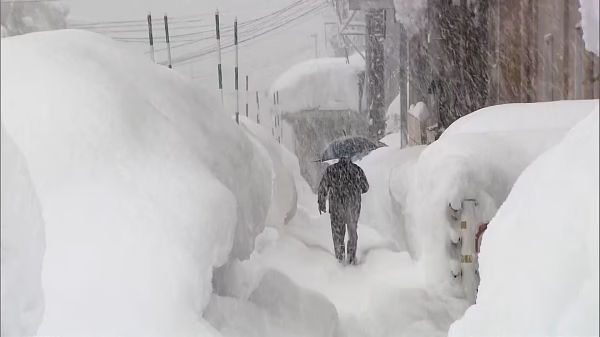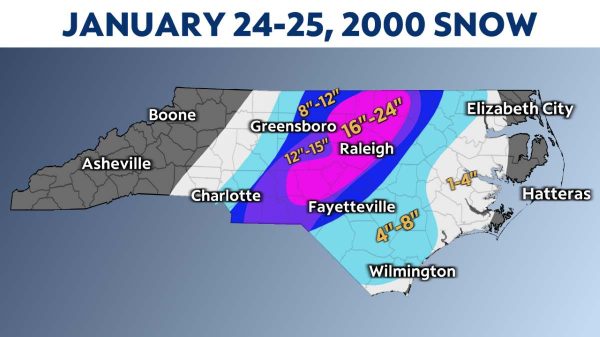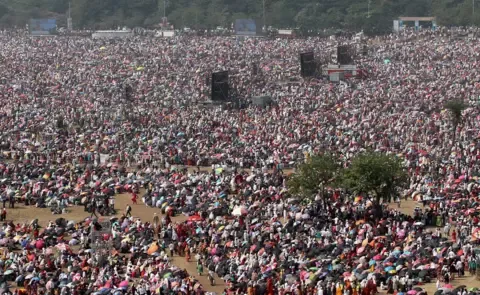A devastating heatwave has struck India, claiming the lives of at least 96 people in the northern state of Uttar Pradesh and eastern Bihar. The scorching temperatures have left residents aged over 60 and those with pre-existing health conditions particularly vulnerable. In Uttar Pradesh, 54 deaths were reported in Ballia district, where temperatures soared to 43C (109F) on Sunday, five degrees above the normal range.
Most of the fatalities were over 60 years old, with many suffering from high fever, vomiting, diarrhoea, breathing difficulties, and heart-related issues. The overwhelming number of patients prompted authorities to cancel leave applications for medical personnel and provide additional hospital beds in the emergency ward. As of Sunday evening, around 300 patients were admitted to the district hospital, with most exhibiting symptoms of heat-related illnesses.
RS Pathak, a resident of Ballia who lost his father, described the unprecedented situation, stating, “This has never happened in Ballia. I have never seen people dying because of the heat in such large numbers.” He also noted that people are afraid to venture out, with roads and markets largely deserted.
According to Atul Kumar Singh, a scientist from the India Meteorological Department (IMD), temperatures across the state are presently above normal, with no relief expected in the next 24 hours. The IMD issued an alert warning of heatwave conditions lasting until June 19 in parts of Uttar Pradesh.
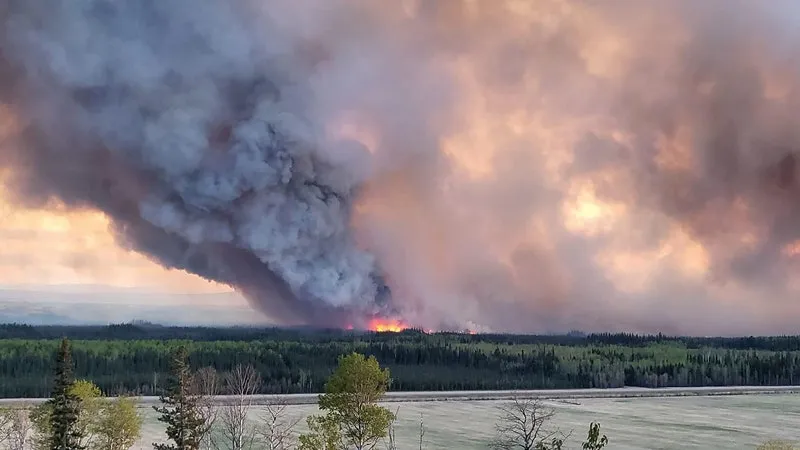
Horrifying Heatwave Claims 96 Lives in India
The eastern state of Bihar has also been gripped by the heat, claiming 42 lives in the past two days. Patna recorded a maximum temperature of 44.7C (113F) on Saturday, leading to an influx of patients with diarrhoea and vomiting at local hospitals.
The heatwave has become a concern for authorities, with Uttar Pradesh’s Health Minister Brijesh Pathak launching an investigation into the cause of the deaths. Temperatures have become increasingly intense over the past decade, with the country usually suffering severe water shortages during heatwaves. Millions of people lack running water, and a study by World Weather Attribution found that climate change at least 30 times more likely to occur in parts of South Asia.
The heatwave has also led to school closures and government events being cancelled, as seen in Mumbai earlier in the month. As the scorching temperatures persist, authorities are urging residents to take necessary precautions and stay indoors during the daytime to avoid heat-related illnesses.

